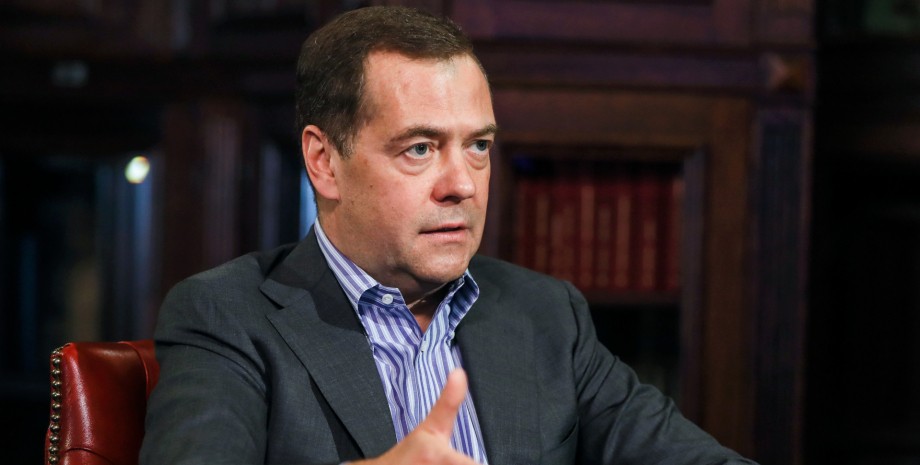
 By Natali Moss
By Natali Moss
According to the Russian politician, this treaty has lost its relevance in 2007, and now the Russian Federation will place weapons where it will consider it necessary. "There is a road there. Now, and on the line of previously stopped international obligations, nothing prevents us from placing our weapons where we want to protect national interests. Including our Russian part of Europe," Medvedev wrote on Telegram.
In addition, Russia intends to maximize the production of weapons, military and special equipment, as well as all sorts of damage, Medvedev added. The Ordinary Armed Forces Treaty in Europe was signed in Paris in 1990 by representatives of 16 NATO countries and 6 countries of the Warsaw Treaty. According to the document, both groups had to have the same number of usual weapons, and restrictions were imposed on the arms in the area of Action.
Thus, the document was based on the system of limiting the following categories of weapons: combat aviation, including helicopters, artillery and armored vehicles. At the same time, in the areas of the contract, there were limited placement of more than 40 thousand tanks, 60 armored vehicles, 40 thousand artillery guns, 13. 6 thousand units of combat aircraft and 4 thousand shock helicopters.
After the collapse of the USSR, a number of former republics, including the Baltic countries, refused to ratify the additions to the SSE, and in 2015 the Russian Federation declared withdrawal from the treaty. Earlier, the deputy chairman of the Russian Security Council Dmitry Medvedev supported the idea of Iran to create an international club from states that have been sanctioned.










All rights reserved IN-Ukraine.info - 2022